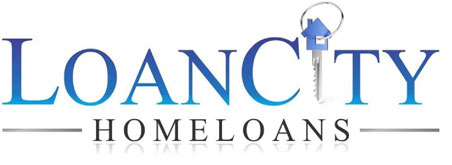A Guide to Getting Home Loans
Many people dream of owning their own home. However, a home purchase usually requires financial assistance with a home loan through a bank or other lender. Having knowledge of how home loans work helps a great deal in the process. Home purchase loans grant the borrower money, who promises to pay back the loan based on terms set by the lender. Loan are based on terms of fifteen to thirty years. They can be secured or unsecured. A secured loan requires collateral like the home itself. If a borrower defaults on the loan, the lender may repossess the property. The borrower must provide all of their financial information on the application. Payments will include interest, and the lender charges various fees like appraisals and closing costs.
Borrowers are not provided funds until the lender runs a credit check. You will be allowed to borrow what the lender feels you can pay back. You will be required to set up an escrow account before you get the loan. Escrow is an account held by the lender, which requires a deposit every month. This money may be used to pay insurance and property taxes. It should have adequate funds to cover several months of expenses.
There are several types of home loans available. If you have good credit, you can get a prime loan, which has a lower interest rate. Most lenders will only allow prime loans for their best customers with credit scores of at least 620. Borrowers with credit scores below 620 can apply for subprime loans. Subprime loans often come with higher interest since borrowers commonly have a history of defaulting. Subprime loans are ideal for borrowers with a history of bankruptcy or no credit.
Borrowers who are struggling to cover payments with high interest rates may get home refinance loans to reduce the interest rate on their previous loan. A refinance loan may also be taken out for debt consolidation. Low income buyers with acceptable credit can take advantage of Federal Housing Administration loans. These are government home purchase loans that provide you with more flexibility, and you only have to make a 3% down payment. You just need to submit an application with a Department of Housing and Urban Development, or HUD, lender.
Getting a home is exciting, but you should use caution when looking for lenders. An online loan calculator can help you decide how much of a loan you can afford. Owning a home can be accomplished with planning. If you have little equity left in your home and need a second loan, the HARP refinance program can help. HARP refinance provides consumers who are not behind on mortgages with refinance loans at affordable rates.


 Twitter
Twitter Email
Email Facebook
Facebook Linkedin
Linkedin Google +
Google +